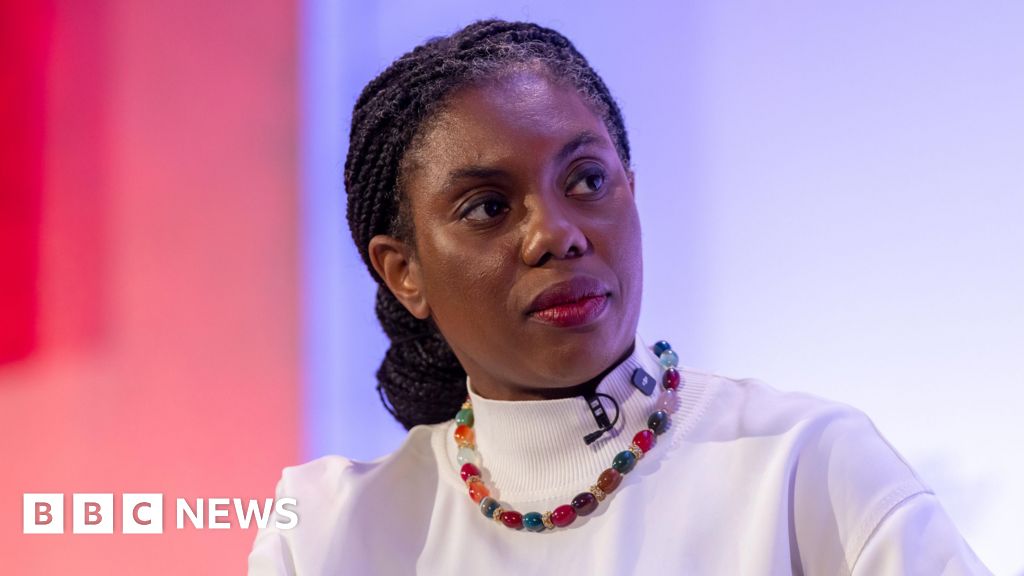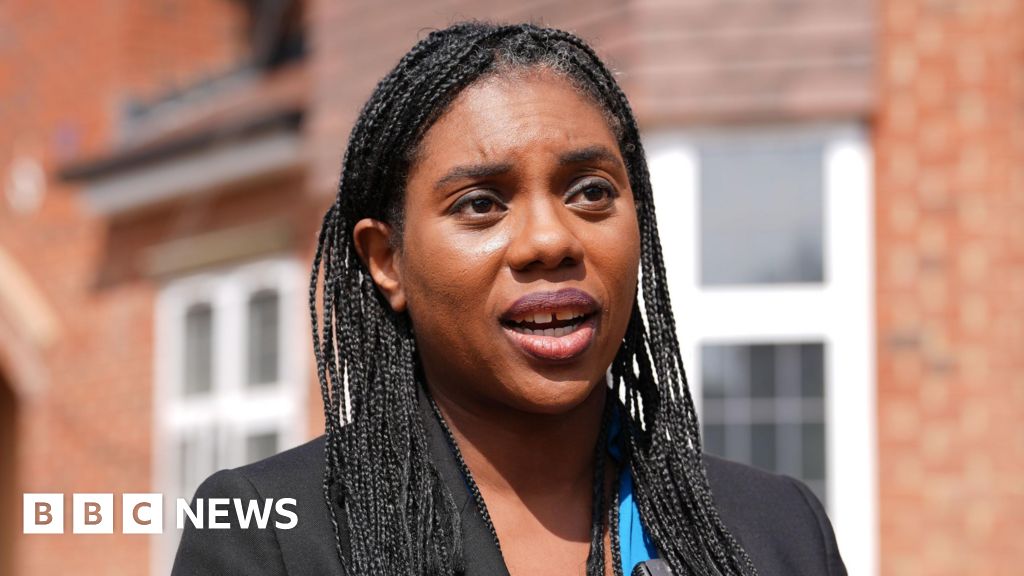T4K3.news
Kemi Badenoch disavows Nigerian identity
Kemi Badenoch states she no longer identifies as Nigerian, focusing on her UK life.

Kemi Badenoch has shifted her identity focus from Nigeria to her life in the UK.
Kemi Badenoch redefines her identity away from Nigerian roots
Kemi Badenoch, the leader of the Conservative Party, declared that she no longer identifies as Nigerian. Born in the UK but raised in Nigeria until her teenage years, she stated that her life experiences in the UK have reshaped her identity. Badenoch no longer holds a Nigerian passport and emphasized her current identification with her family and political affiliations in the UK. During a podcast interview, she expressed that while she has a strong cultural connection to Nigeria and many family ties, she considers her home to be with her immediate family and the Conservative Party. Badenoch's remarks come after previous criticisms from Nigeria's vice president, who responded to her comments about her childhood in Nigeria during the Conservative leadership race.
Key Takeaways
"I'm Nigerian through ancestry, by birth, despite not being born there... but by identity I'm not really."
Badenoch reflects her complex relation to her Nigerian roots amidst her UK identity.
"Home is where my now family is, and my now family is... the Conservative Party is very much part of my family."
Emphasizing her identification with her political party as family, Badenoch shifts from her Nigerian identity.
"I remember never quite feeling that I belonged there."
This statement expresses Badenoch's feeling of dislocation during her upbringing in Nigeria.
"We have a lot of family [in Nigeria], and I'm very interested in what happens there."
Badenoch acknowledges her ongoing connection to Nigeria despite her disassociation of identity.
Badenoch's statement reflects a broader trend among individuals navigating multiple identities in a globalized world. Her experiences of displacement and cultural transition mirror challenges many face when reconciling various aspects of identity. By distancing herself from her Nigerian roots, Badenoch not only reaffirms her place in UK politics but also underscores a departure from traditional identity markers. This shift illustrates a tension within diasporic communities, where personal identity often conflicts with national heritage. Badenoch's remarks may provoke discussions about identity formation, belonging, and the complexities of political affiliation in contemporary society.
Highlights
- Identity is not just defined by where you come from.
- Home is where my family is.
- My political outlook is shaped by my early experiences in Nigeria.
- I am not the PR for Nigeria.
Cultural and political backlash risks
Badenoch's statements risk alienating Nigerian communities and may provoke cultural backlash due to her distancing from her Nigerian heritage.
Badenoch's stance highlights the ongoing dialogue about identity and belonging in an increasingly interconnected world.
Enjoyed this? Let your friends know!
Related News

Kemi Badenoch claims she no longer identifies as Nigerian

Kemi Badenoch states she no longer identifies as Nigerian

David Tennant discusses the cruel nature of the trans debate

Kemi Badenoch announces Conservative shadow cabinet reshuffle

Kemi Badenoch announces Cabinet reshuffle today

Badenoch maintains support for Israel amidst Gaza suffering

James Cleverly returns to Conservative frontbench

Badenoch proposes strike ban for NHS doctors
